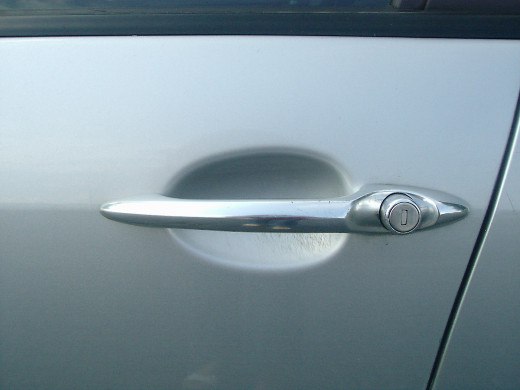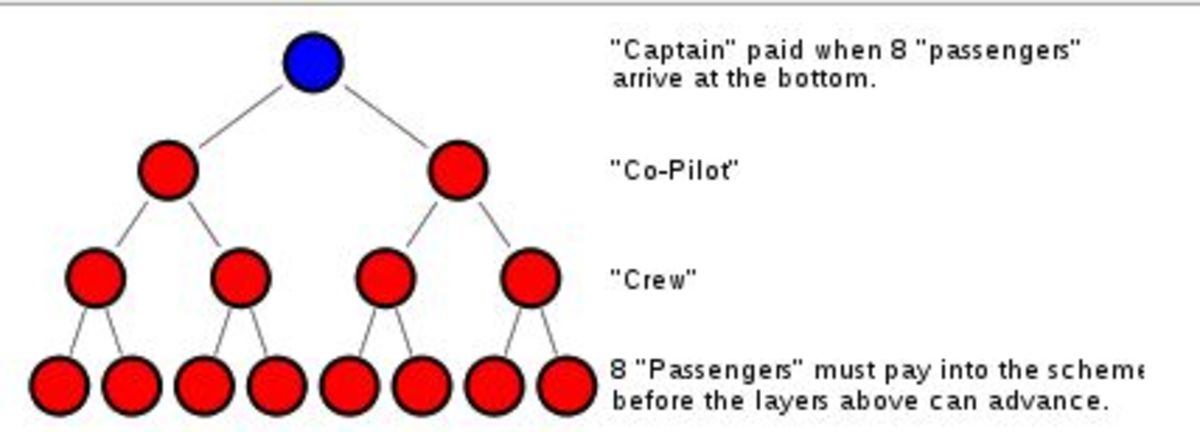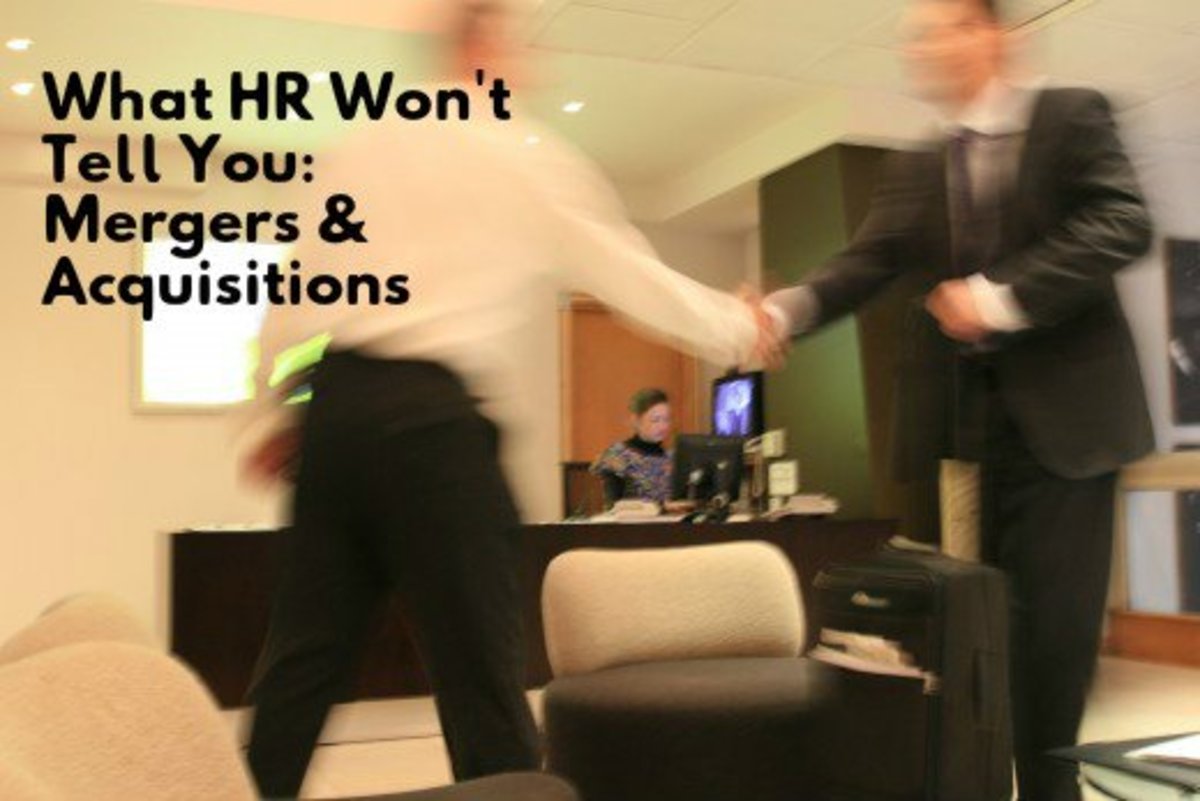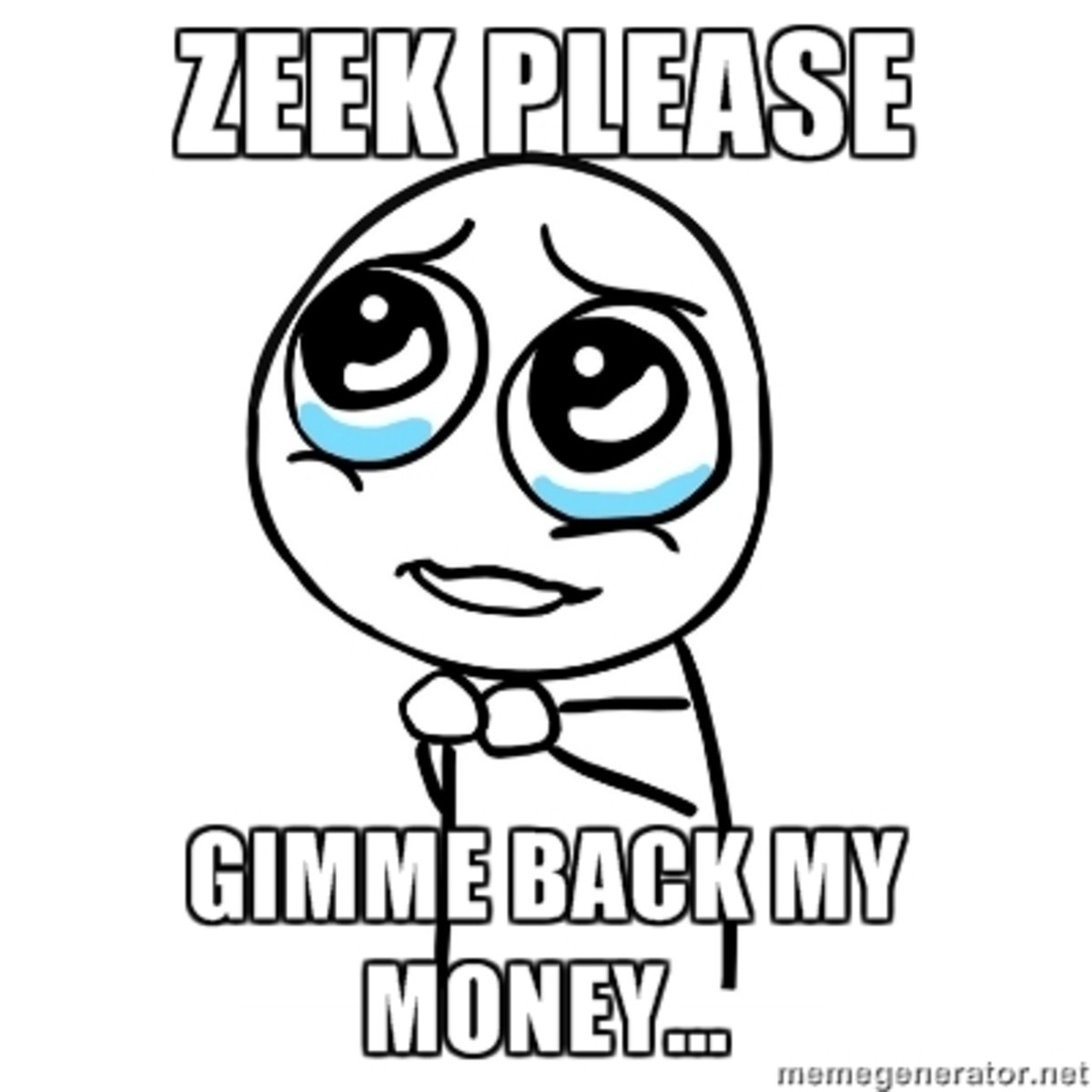Locksmith Scamming Is Out of Control

Be Afraid, Be Very Afraid...
What you're about to read will open your eyes to an industry that is so corrupt, it makes the used car business look like Goodwill.
Although this article is for the most part, accurate, there exists a few locksmith companies which are not corrupt (emphasis on a few). Please be as patient as possible when looking for a locksmith. Even if you are in a precarious position, try not to let them know it...or watch out!
Currently, there are no less than fifty legal actions against groups of locksmith companies in cities as including Chicago, San Diego, Seattle, Dallas, New York, and Phoenix. These lawsuits primarily revolve around the defending locksmiths' use of internet advertising to monopolize market share on the web. A good example of one such lawsuit is "Eastwood v Atlas Locksmith et al" (Case CV2010-027605) in the Phoenix, AZ municipality. It is not necessary to publish it on this venue, but I truly recommend it as an interesting read.
The nuts and bolts of the case is that these locksmiths created multiple listings on the internet by buying multiple telephone numbers, and attaching them to various addresses in the Phoenix area, for which they do not reside. Now when I say "multiple" listings, phone numbers, and addresses, I don't mean to say five or ten. I'm talking about five or ten thousand per company! Did I grab your interest, yet?
Think about it this way: Consider your locksmith company as a red marble, and you have one red marble for each location you in which you do business (for argument sake, say one). Now your competitors (who also have only one legitimate location), claim that they have five thousand locations, so one competitor has five thousand blue marbles and another competitor has five thousand green marbles. All the marbles are put into a sack, symbolizing the web. Now, a customer in need of a locksmith, surfs the web, or puts their hand in the sack for a marbles. The odds of him picking out your marble are worse than 10,000 to 1. The odds of him picking one of the other two companies are about 50-50.
But it's even more futile than that. What if these two competitors with different company names, are actually owned by the same parent company. Now, your single red marble is in a sack with 10,000 blue-green (or aqua) marbles. I'll go even further: What if the top five locksmith companies on every list, that is generated by a Google search, are owned by the same parent company. Now, practically all the marbles in the bag benefit one company. This is the basic definition of a monopoly, which goes against ethical business practices in the United States. Furthermore, the use of false multiple addresses is against the law under statute 44-1221: "It is unlawful for a person to deceive another person by misrepresenting the geographical origin or location of the person's business in the conduct of the person's business." Subsequent injunctions have been placed on the defendants, ordering them to remove all fraudulent addresses and phone numbers. Unfortunately, it takes less than a week to create a new website, under a different company name, buy a different block of phone numbers, create 5000 new phony addresses, and start abusing the system again.

That is but one area of corruption in the locksmith industry. There is another area that is just as disturbing: I call it the "take what the market will bear" issue. I'm sure that most of you are aware of this problem, and some of you might have experienced it first hand, maybe with an auto-body or plumbing company. However, when it is part of an industry that provides services which, more often than not, are true emergencies, it takes on more serious ramifications.
Suppose that you were scheduled for a very necessary surgical procedure of which the agreed upon price was $5,000. You've told your employer that you'll need to take the next four weeks off for recovery, you've made arrangements for a service to maintain your home, and you've hired a nanny to help with the kids. You're on the operating table, the surgeon walks in, puts you under, and two hours later, you're back in your hospital room bed. The surgeon comes in and says that when he opened you up, he determined that the situation was much worse than he anticipated and would cost $15,000. He didn't feel comfortable going ahead with the surgery unless you were aware of the additional costs, so he just stitched you up, and will proceed if you give him the go ahead. Otherwise, you'll need four days just to recover from the "exploratory" and the stress that your body had gone through, from the "exploratory," has accelerated the original medical condition.
Suppose you were arrested for armed robbery (if found guilty, you'll be put away for twenty years), but it is a case of mistaken identity. You hire a lawyer at an agreed upon retainer of $1000 and a $200 fee per hour. You're at the arraignment (where you state your plea), and right before the judge asks you if you plea guilty or innocent, your lawyer leans over and whispers in your ear that he must charge you $500 per hour, because this case will be more difficult than expected. The judge is waiting for your answer, and I can assure you that when it comes to pleading guilt or innocence, you do not want to hesitate for a single second.
Granted, these are radical examples, but the point remains intact. You're locked out of your car in 110 degree heat with no shelter, or you're late for an important business meeting that could decide your future financial security, or an angry mob is after you for a disruptive article that you wrote, etc. You call a locksmith company and they tell you that they will be there in 15 minutes and the cost will be $50. You order their service, and 20 minutes later, no one has arrived. You call back and they say that the technician will be there in 5 minutes. Ten minutes later you call back again, and now they say that the technician is right around the corner and will be there at any moment. Five minutes later the technician arrives, examines the situation, and says that this particular lock-out will cost $100. You tell them that the agreed upon price was $50 and the they tell you that the dispatcher is not a technician and doesn't have the authority to give you firm price. It is $100, take it or leave it. What are your choices? You can choose not to use them and start the entire process over. Now, it's an hour later, you've missed half of the meeting, and you'll probably miss the second half unless you pay the additional $50. As you're contemplating the issue, you watch the technician reach into a cooler in his van, pull out an iced-tea, and begin slurping it down, oblivious to the fact that you're beginning to see mirages as your blood thickens and your body begins to literally drink itself.

Let's say that you have the intestinal fortitude to tell the technician to leave, and you will take your chances with another locksmith. Good for you. You call the next locksmith on the list. That's weird, the dispatcher sounds curiously similar to the first dispatcher you called. He also says 15 minutes for $50. Uh oh. You start to hear the Twilight Zone theme song. You call the next number. The dispatcher sounds just like the other dispatcher, but this one says 20 minutes for $60. You figure that you're safe. An hour later, the technician arrives and says that this particular lock-out will cost $120.
You wake up in a cold sweat. It was just a nightmare. You go down to the kitchen for some water. On the table is a locksmith receipt for $150.
© 2012 Daniel Marcosi








